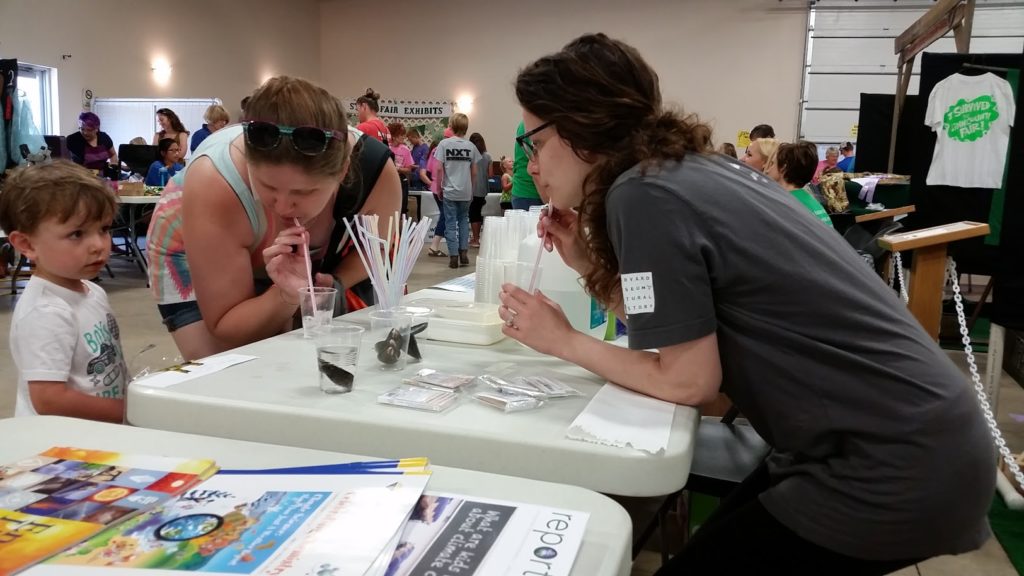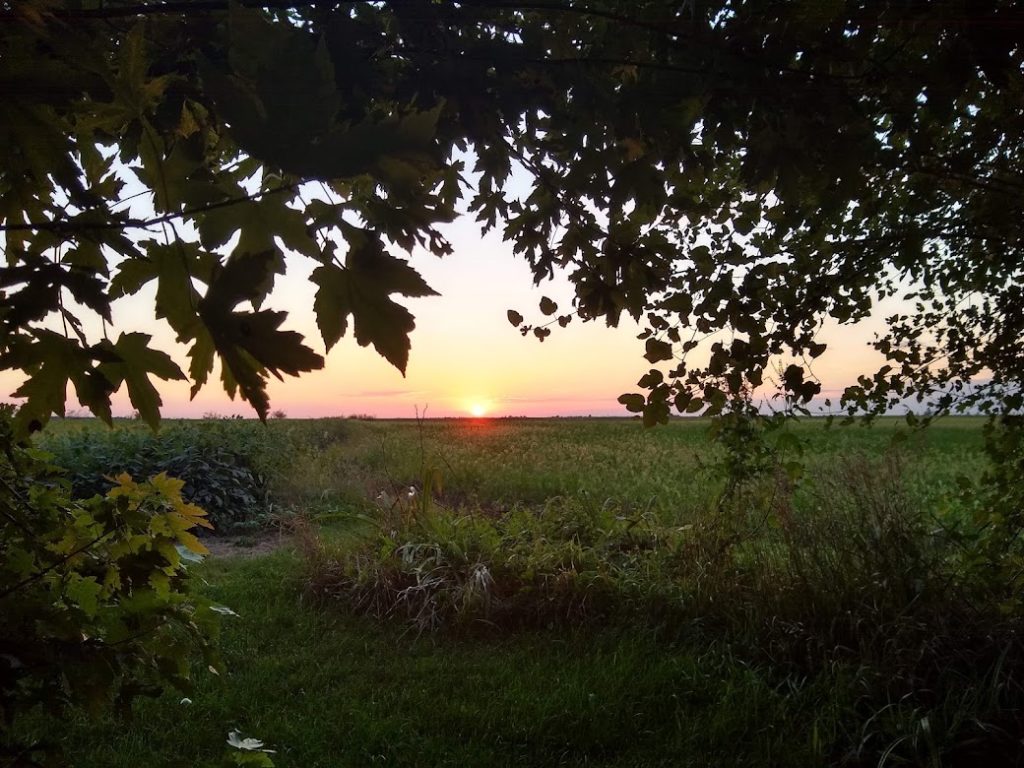Uncovering Our Assumptions With American Resiliency
This is a featured blog from ASAP Member Emily Schoerning, Founder of non-profit American Resiliency.
What are Your Knowledge Assumptions?
My name is Emily Schoerning. As a researcher in science education, I’ve spent years studying how we acquire knowledge, and what unexpected barriers make it harder for us to learn new things. One of the biggest challenges in teaching and learning is uncovering assumptions; those held by others as well as ourselves. As I have connected to the adaptation field through the American Society of Adaptation Professionals (ASAP)’s learning and sharing opportunities, it’s been wonderful to meet so many like-minded people who are deeply invested in building a good future.

And as I’ve gotten to know the community, I’ve started to try to uncover our assumptions. Within our professional community, our understanding of how the climate is predicted to change is so fundamental that we don’t even talk about it all that much. We work with others assuming we have the same knowledge.
American Climate Knowledge is Limited
When we try to connect with the general public, we often bring these knowledge assumptions to the table. But the general public has almost no knowledge of how climate change is likely to impact their lives, homes, and the landscapes in which they live.
The general public has limited access to climate information. When I was doing outreach work on climate in 2017, almost no one I talked with had even heard of key concepts, such as ocean acidification. When I work with the general public today, I find more awareness of many crucial climate change concepts. However, most people have almost no knowledge of how climate change will personally impact them. Many people assume the future will be so catastrophic they become mired in despair. Others use denial as a defense mechanism. But both denial and despair have one thing in common. They prevent action.
When we understand our most-likely climate future, we learn how critical adaptation and resilience work will be in the coming century. We learn that action is critical and that for many people, there are important actions they can take to make their homes and communities more resilient to the changes that are coming.
The knowledge we share in our professional community is crucial and inspiring. Finding ways to share that knowledge, using my background in education research, is my mission.
Public-Facing Resources on Public-Facing Platforms
I founded a nonprofit, American Resiliency, to help get climate adaptation and resilience information to the general public. Right now we’re using YouTube, a popular, familiar, casual format. Using publicly available information, like the 4th National Climate Assessment, we make 20-minute videos detailing regional and state-level projections for midcentury, generally using RCP 4.5 as a baseline.
Since we started releasing videos in September of 2021, they’ve been viewed more than twenty-one thousand times, with absolutely no advertising budget. There is clearly an appetite for this information! People often email us to ask questions, to learn how to access source material, and to express how long they’ve been looking for a resource that ties climate information together in a way they can understand.
Building Common Ground

Our critical adaptation work should always have a strong community outreach and engagement component. The problems facing us all are so big, that we need everyone on the team. I hope the resources American Resiliency is creating will help give you another tool to start conversations in communities. Everyone has a stake in adaptation work.
Once people understand not only our climate future, but how much we can do to prepare, they can really get a sense of what their stakes are. By helping to make our field’s specialized knowledge accessible through my work with American Resiliency, I hope we can help bring more people to the table. We need everybody.
View videos here: www.youtube.com/c/AmericanResiliency.
